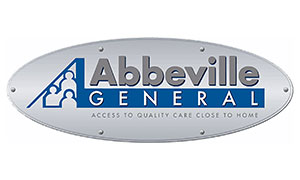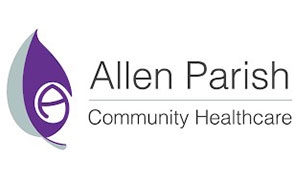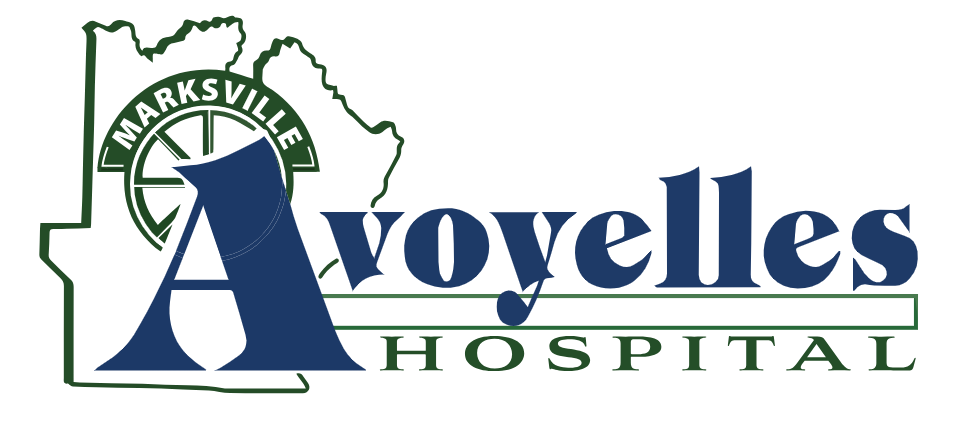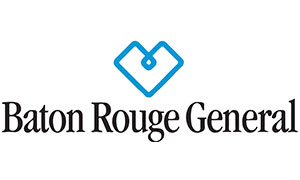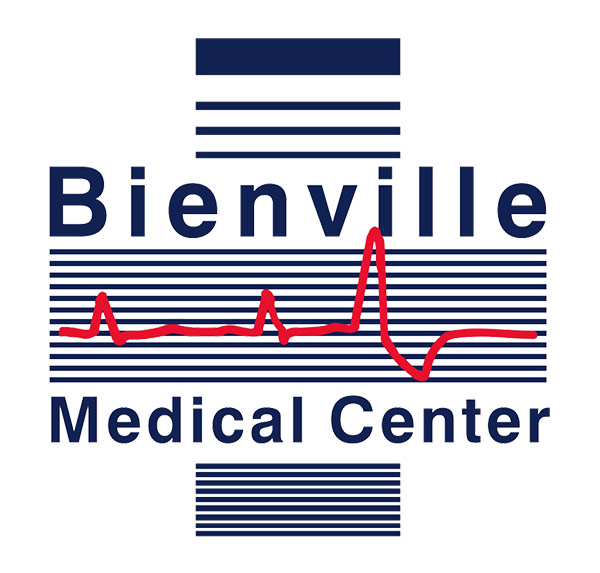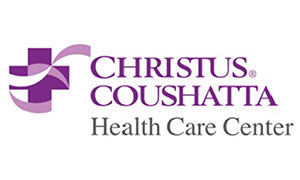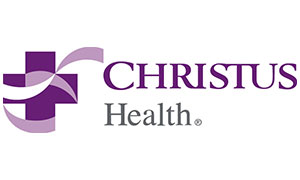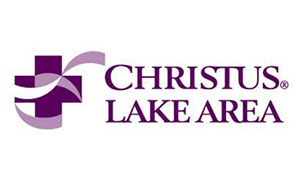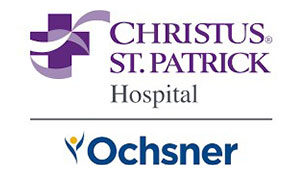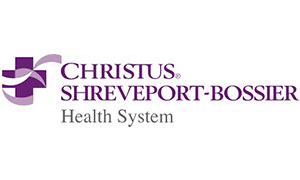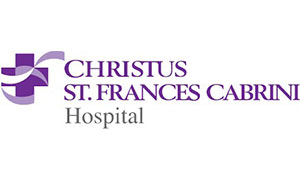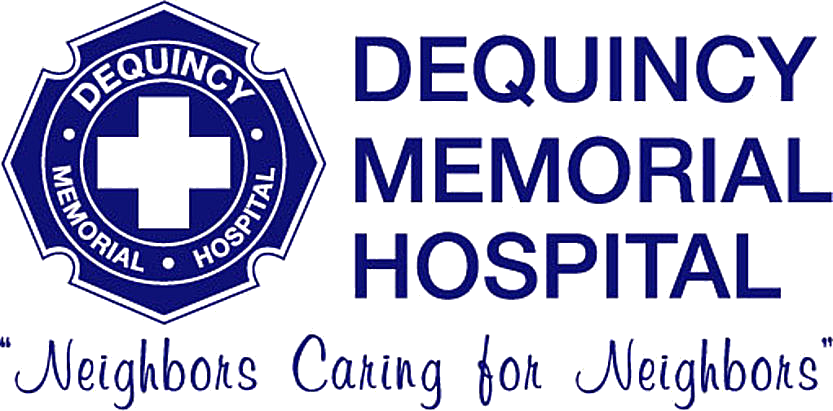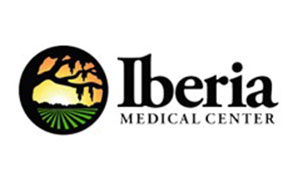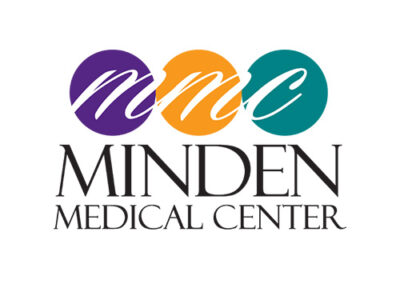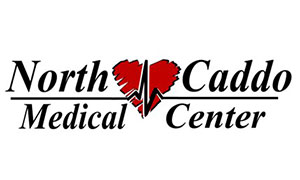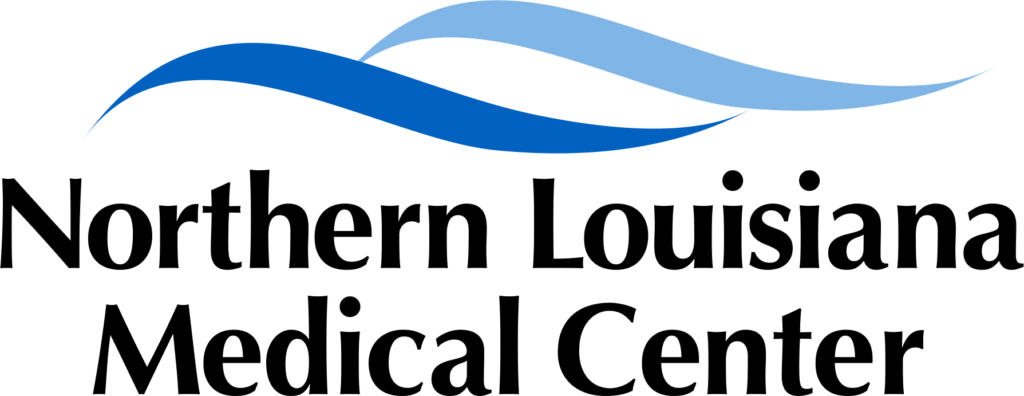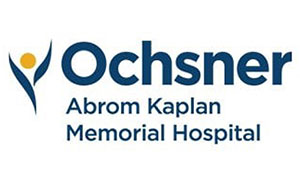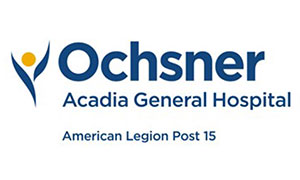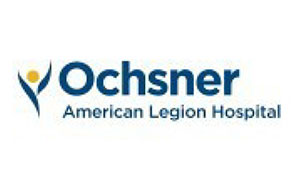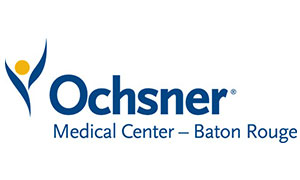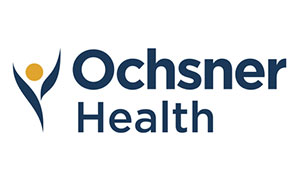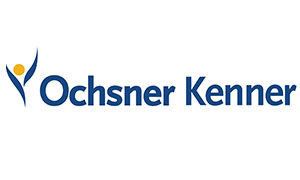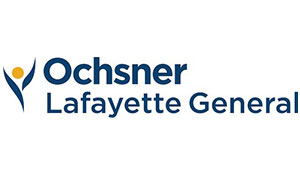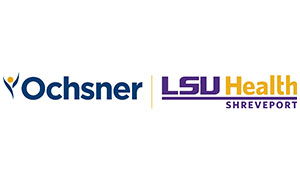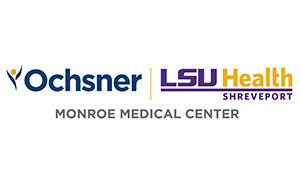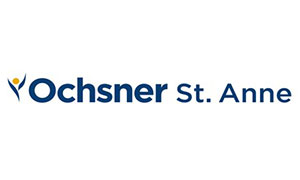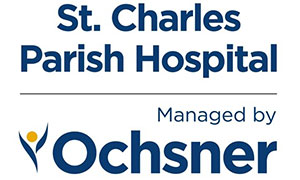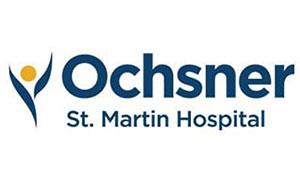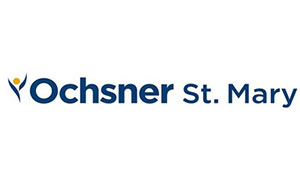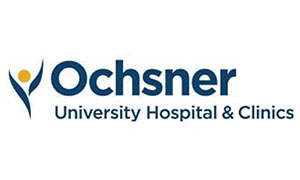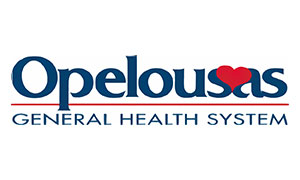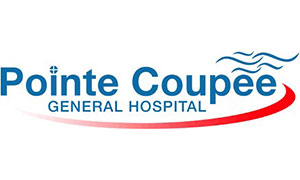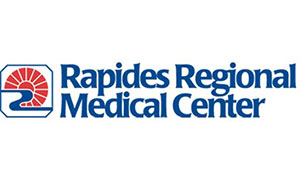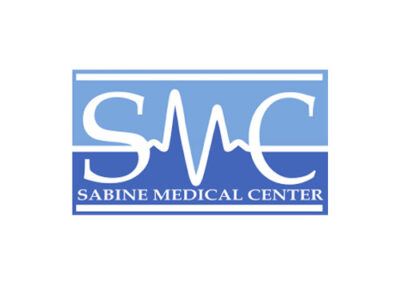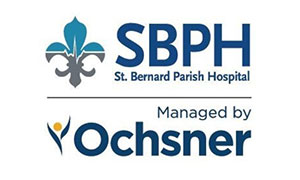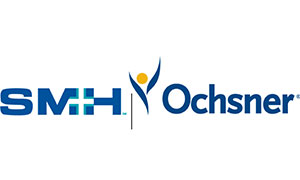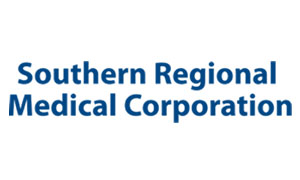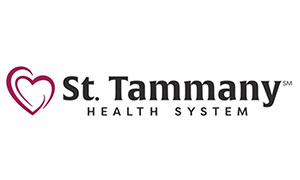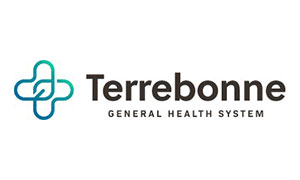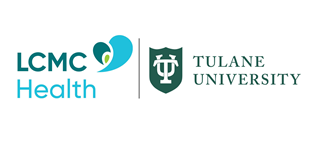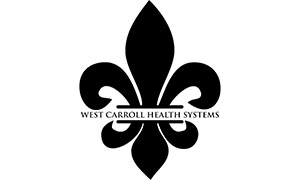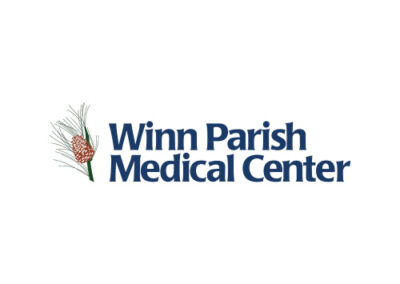Since 2019, the QIN Network has worked to improve outcomes for healthy Louisiana participants.
By the Numbers
Already, we are profoundly improving the health of Louisiana’s Medicaid population and helping address treatment gaps and control healthcare costs.
909,000
Louisiana lives cared for by QIN.
47
Health systems participate in QIN.
70%
Of diabetic participants have a controlled A1c in 2023.
28%
Improvement in diabetic blood sugar management (2022-2023).

83%
Of hypertensive patients aged 59-85 have controlled blood pressure in 2023, up from 77.21% in 2020.
43%
Improvement in well-child visits.
137%
Improvement in number of ED over-utilizers that receive one-on-one care navigation support services.
23,000
Hypertensive patients aged 59-85 have controlled blood pressure in 2023, up from 77.21% in 2020.
Stories of Impact
QIN’s achievements are more than just numbers. They represent thousands of Louisiana residents living longer, healthier lives thanks to the support of the MCIP program. Here are some of their stories.
IMPROVING HEALTH THROUGH CONNECTIONS TO SERVICES
STRENGTHENING OUTCOMES FOR PATIENTS WITH DIABETES
*Names have been changed in compliance with patient privacy laws.

Voices of QIN Caregivers
Louisiana nurses, doctors and caregivers have seen firsthand the impact of QIN’s programs and initiatives on patients’ lives and health outcomes.
Traditionally, we measured a patient’s blood pressure 1-4 times a year, but through patient engagement and at-home monitoring, we are now seeing 1-5 blood pressure readings per week. – Physician
Helping high Emergency Department utilizers establish medical homes improved health outcomes. As one provider phrased it, MCIP teaches a person to fish, rather than handing them fish. – Community Health Worker
The MCIP program has facilitated life-changing interactions between providers and patients. The program couples strategic interventions with routine patient education in a way that connects patients with much-needed primary and preventative care while simultaneously providing patients with the necessary tools to positively impact their health. – Nurse Manager
Patients are receiving better care through MCIP, since Emergency Departments are often not able to address nonemergent pregnancy issues. In just one year, MCIP resulted in 38% of expectant mothers presenting at an ED to be successfully referred to outside OBGYNs. – Community Health Worker
Deep Dive: Our Impact
Together, QIN’s health systems have collaborated to research, identify, implement and scale meaningful, measurable healthcare quality improvements that are making a difference in patients’ lives. QIN’s programs have demonstrated strong results in the first five years, with significant improvements reaching many Medicaid patient populations across Louisiana.
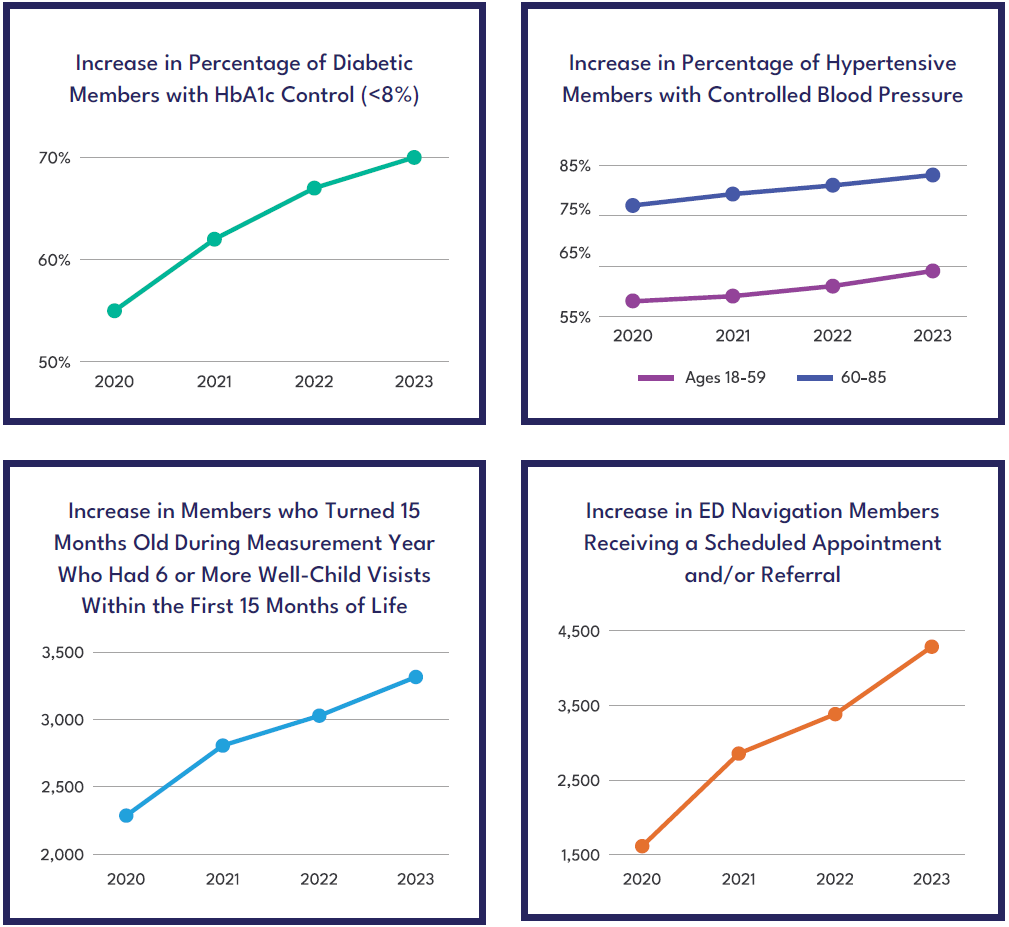
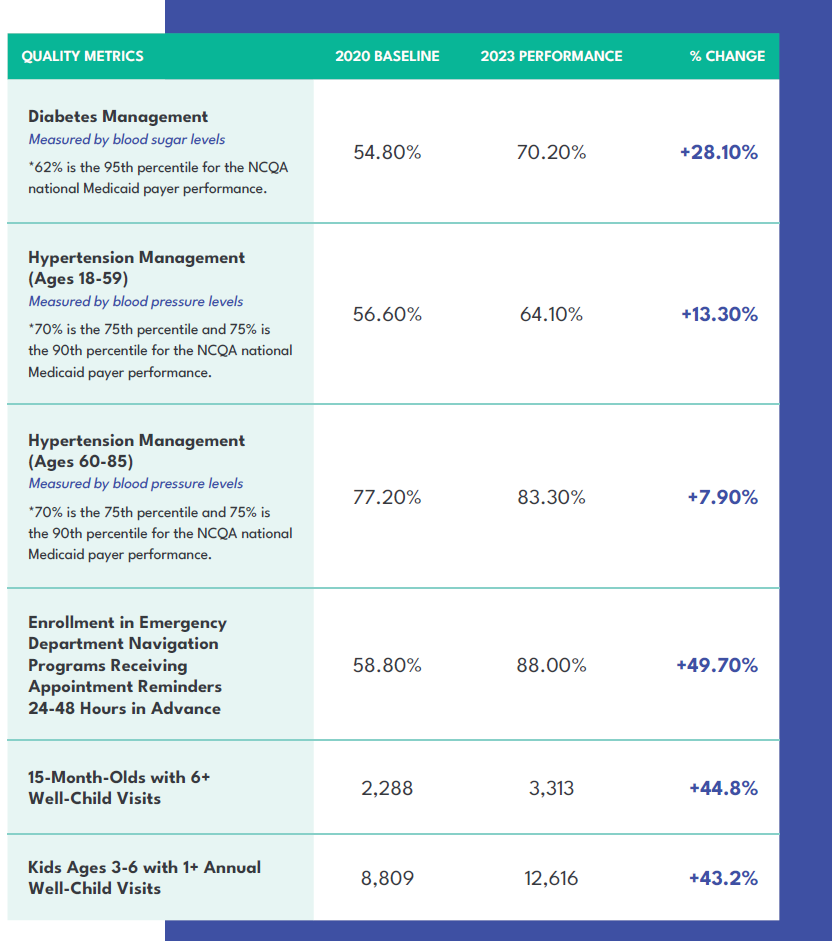
Deep Dive: Our Impact
SPOTLIGHT: DIGITAL MEDICINE
About 4 in 10 Louisiana adults have high blood pressure, and more than 14% are diabetic. Without effective treatment, hypertension and diabetes can lead to serious consequences like heart attack, stroke or amputations. Consistent management is essential to keeping patients healthy and avoiding dangerous, costly hospital stays. The majority of QIN’s participating health systems have already successfully implemented digital medicine programs for the Medicaid population.
By enrolling Medicaid patients with these conditions in digital medicine programs, patients are proven to follow treatment plans more effectively – driving better health outcomes. Patients are given free glucometers and blood pressure cuffs that allow their care team to remotely monitor them, leading to more adherence to treatment plans and faster health intervention than requiring an in-person doctor’s visit. Digital medicine is a valuable element of QIN’s approach to improving health for patients with Medicaid.
92%
Of Medicaid patients enrolled in digital medicine achieved A1c control (compared to 79% not enrolled).
85%
Of Medicaid patients enrolled in digital medicine achieved blood pressure control (compared to 63% not enrolled).
SPOTLIGHT: CHILDREN’S WELLNESS
Regular well-child visits are an essential tool to keeping Louisiana babies and kids healthy by allowing pediatricians to provide required vaccinations, monitor growth and development and promote child health. These visits are vital to establishing a solid foundation for health outcomes over a child’s lifetime.
Supported by MCIP, our network of providers has led significant community education efforts promoting pediatric wellness, such as immunization and back-to-school check-up campaigns. This work has directly resulted in an increase in the rate of annual well-child visits, which makes a difference in keeping kids well.
We also work to address the childhood obesity epidemic by educating pediatric providers about the importance of taking Body Mass Index at each sick pediatric visit and providing education resources for families.
SPOTLIGHT: ED NAVIGATION
Some patients covered by Medicaid over-utilize the Emergency Department, often because they encounter barriers to accessing preventative care until their health issues are severe. This is not the best model for keeping patients healthy, and leads to more expensive care delivery.
Enabled by MCIP, we have successfully implemented an ED Navigation program that has managed 23,000+ patients. Team members across QIN’s health systems were educated in best practices for patient outreach and support to reduce unnecessary ED usage, such as sending 24 and 48-hour appointment reminders for preventative care appointments.
This work also includes connecting patients to social services from community partners – such as food banks, housing and transportation – that are key drivers of health outcomes. These interventions have had a dramatic impact on reducing ED utilization and making Medicaid patients healthier.
09
137%
Improvement in ED over-utilizers receiving one-on-one navigation services.
Our Future: Goals and Commitments Moving Forward
We are committed to building on our initial success and making a difference in even more Louisianans’ lives. Without vital MCIP funding, patients covered by Medicaid would lose access to life-saving preventative healthcare services.
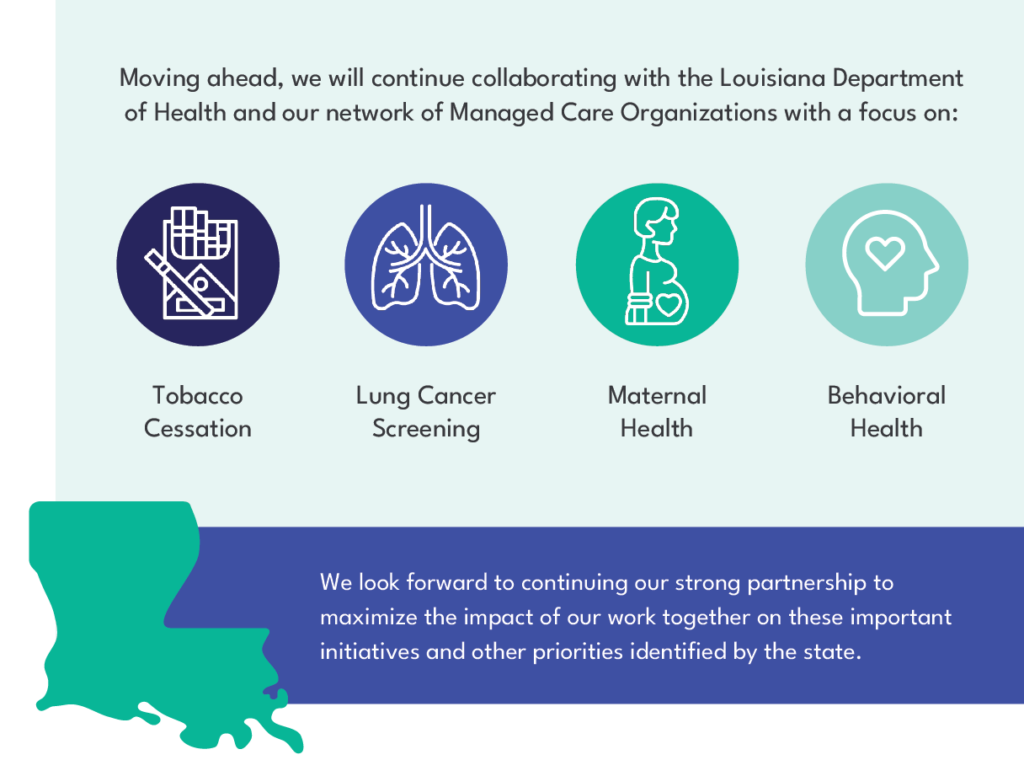
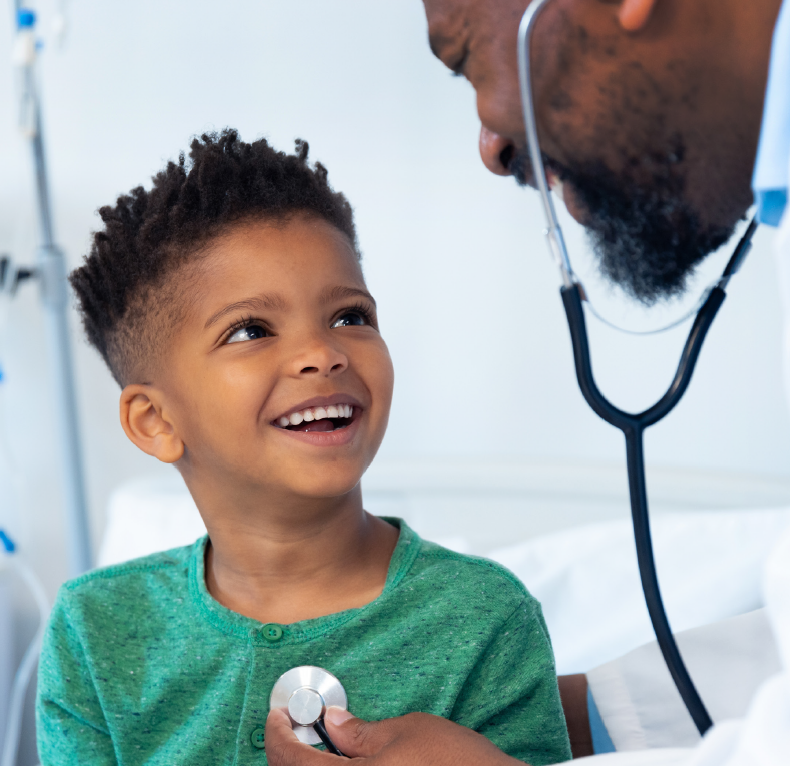
Patient Outreach
MCIP has significantly enhanced patient outreach, ensuring better communication and engagement with patients. By focusing on improving patient-centric care and communication channels, participating hospitals report that MCIP has made patient outreach more effective. Many MCIP projects involve initiatives such as personalized follow-up calls or messages to patients due for appointments, distributing educational materials to patients, and utilizing relevant health information and resources. These efforts foster stronger patient-provider relationships, leading to increased patient satisfaction and improved health outcomes. Ultimately, this proactive approach to patient outreach contributes to a more efficient and compassionate healthcare system for Medicaid recipients in Louisiana.
Data Collection
Participating facilities gather data from patient encounters throughout the year. Projects addressing chronic illnesses follow patients over time, allowing for a more complete view of patient health over time. QIN compiles data from providers across Louisiana and summarizes achievements at a state-wide level. Through data collection, a comprehensive overview of patients’ health outcomes throughout the entire state can be obtained, offering a bird’s-eye view of their overall well-being.
Providers credit MCIP for establishing more effective and efficient patient data practices
that span across projects and systems.
These practices
“allow providers to spend less time gathering data
and more time improving health outcomes.”
– LPN, North Caddo Medical Center
Managed care organizations (MCOs) appreciate the
“easily readable and concise”
reporting from the network, which simplified the process of identifying patients for referral to MCO case management outreach.
– United HealthCare
Monitoring Outcomes
Year over year, for each of the project goals, provider-submitted data is compared to baseline data and data from prior years. Success is measured in terms of whether goals set in conjunction with Louisiana Department of Health (“LDH”) are met. MCIP is by its nature collaborative, so providers who meet or exceed goals share their techniques and tips with providers who do not do as well. The result is improved health outcomes for Healthy Louisiana enrollees across the state.
Engagement through the MCIP program has been heartening. Traditionally, we measured a patient’s blood pressure 1-4 times a year, but through patient engagement and at home monitoring, we are now seeing 1-5 blood pressure readings per week.
– MD – Telehealth Systems Chair & Digital Medicine Medical Director, Ochsner
Patient registries of MCIP projects allow MCOs to conduct internal risk
assessments more quickly and accurately.
For example, MCOs can isolate patients with recurring high HbA1c results and schedule interventions – like podiatry appointments – for them.
– AmeriHealth and UnitedHealthcare
Remote monitoring empowered patients to take their health into their own hands and resulted in “huge benefit to expectant mothers.”
Moreover, standardization of assessments across the network keeps providers honed-in on the most important issues.
– ER Navigation Supervisor, Ochsner
Participating Providers
The MCIP Program consists of 48 of Louisiana’s top
hospitals and health systems:
